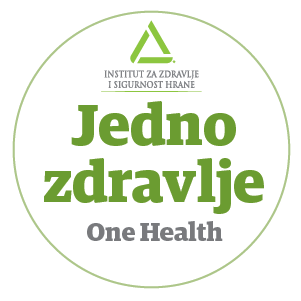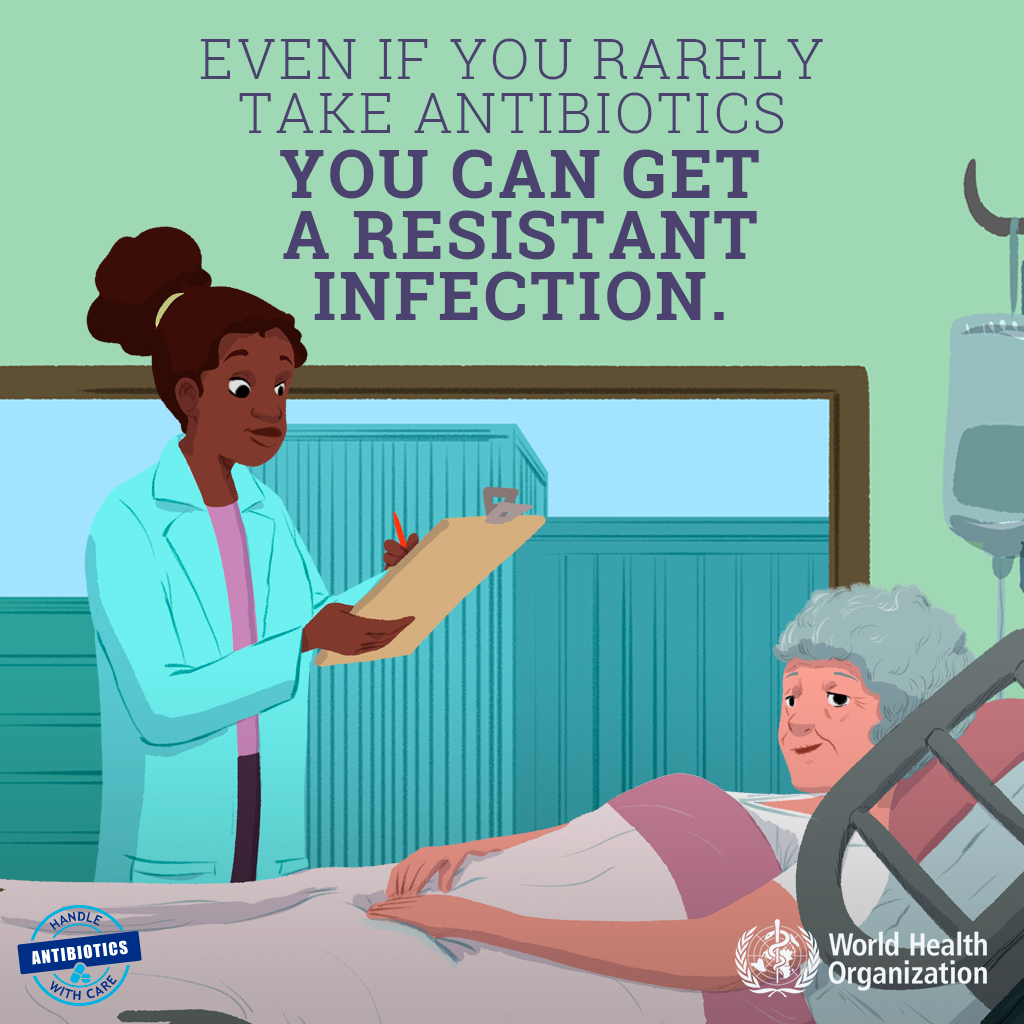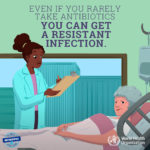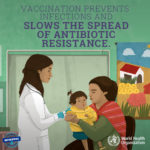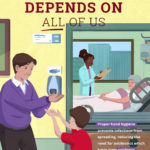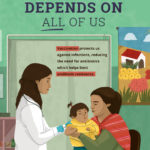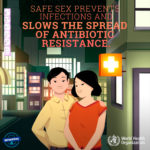WORLD ANTIBIOTIC AWARENESS WEEK 18.11.-24.11. 2019.
World Antibiotic Awareness Week aims to increase awareness of global antibiotic resistance and to encourage best practices among the general public, health workers and policy makers to avoid the further emergence and spread of antibiotic resistance.
A global action plan to tackle the growing problem of resistance to antibiotics and other antimicrobial medicines was endorsed at the Sixty-eighth World Health Assembly in May 2015. One of the key objectives of the plan is to improve awareness and understanding of antimicrobial resistance through effective communication, education and training.
Key facts:
- Antimicrobial resistance (AMR) threatens to effectively prevent and treat the growing spectrum of infections caused by bacteria, parasites, viruses and fungi.
- AMR is a growing threat to global public health that requires action in all government sectors and society.
- Without effective antibiotics, the success of major surgery and cancer chemotherapy would be at risk.
- The cost of healthcare for patients with resistant infections is greater than the cost of care for patients with non-resistant infections due to the longer duration of the disease, additional testing and the use of more expensive drugs.
- In 2016, 490,000 people worldwide developed a multidrug-resistant form of tuberculosis (TB), and drug resistance is also beginning to complicate the fight against HIV and malaria.
What is Antimicrobial Resistance?
- Antimicrobial resistance occurs when microorganisms (such as bacteria, fungi, viruses and parasites) change when exposed to antimicrobials (such as antibiotics, anthelmintics, antifungal, antiviral and antimalarial drugs). Microorganisms that develop antimicrobial resistance are sometimes referred to as “superbugs”.
- As a result, medicines become ineffective and keep infections in the body, increasing the risk of spreading to others.
Why is antimicrobial resistance a global concern?
New mechanisms of resistance are emerging and expanding globally and threatening our ability to treat common infectious diseases, resulting in prolonged disease, disability and death.
Without effective antimicrobial agents for the prevention and treatment of infections, medical procedures such as organ transplantation, cancer chemotherapy, diabetes treatment and major surgery (e.g. caesarean sections or hip replacement) become very risky.
Antimicrobial resistance increases health care costs with longer hospital stays and more intensive care.
Antimicrobial resistance questions the achievement of the Millennium Development Goals and threatens the achievement of the Sustainable Development Goals.
What accelerates the emergence and spread of antimicrobial resistance?
Antimicrobial resistance occurs naturally over time, usually through genetic alterations. However, misuse and overuse of antimicrobial agents accelerates this process. In many places, antibiotics are overused and misused in humans and animals and are often administered without expert supervision. Examples of abuse include when taken by people with viral infections such as colds and flu, and when given to animals as growth promoters or used to prevent disease in healthy animals.
Antimicrobial resistant microbes are found in humans, animals, food and the environment (in water, earth and air). They can spread between humans and animals, including from food of animal origin and from person to person. Poor infection control, inadequate sanitation and inappropriate food handling encourage the spread of antimicrobial resistance.
Recommendations for patients
Each year, November marks the Antibiotic Awareness Week, which encourages patients to respond responsibly, with the following recommendations:
- use antibiotics only if prescribed by your doctor;
- if your doctor has not prescribed you an antibiotic, it means you do not need it;
- apply them exactly as prescribed for you;
- if you are left with medication after therapy, ask the experts how to properly destroy them;
- never share antibiotics with other people;
- follow other instructions from healthcare professionals when administering antibiotics;
- protect yourself from infections by washing your hands and hygienically preparing food, avoiding contact with sick persons and leading a safe sex life;
- get vaccinated regularly.
SUPPORTING ACTIVITIES IN THE FIGHT AGAINST ANTIMICROBIC RESISTANCE IN VETERINARY INSTITUTIONS AND ORGANIZATIONS
Antimicrobial resistance is a national and worldwide public health challenge. Antimicrobials have been successfully and widely used in human and veterinary medicine for over 60 years. When used rationally, antimicrobials can effectively combat bacterial infections. Their use and misuse, however, can lead to the development of bacteria resistant to antimicrobials. When bacteria develop resistance to an antimicrobial drug, that drug may be less effective in fighting the infection caused by that bacterium.
It is crucial that we implement the One Health approach to address this important public health concern, including the application of good antimicrobial management practices in health and veterinary settings to slow the development of resistance and extend the life of antimicrobials. One Health is an integrative effort across multiple disciplines operating locally, nationally and globally to achieve optimal human, animal and environmental health. The focus of this plan is on activities undertaken by the Institute for Health and Food Safety Zenica and other stakeholders to support antimicrobial management in veterinary institutions and organizations.
We believe that medically important antimicrobials should only be used when needed to treat, control or prevent disease. In addition, when such use is necessary, these antimicrobials should be used optimally under the supervision of a licensed veterinarian.
We acknowledge and support the comprehensive definition developed by the American Veterinary Medical Association (AVMA), which defines antimicrobial management in veterinary medicine as “actions taken by veterinarians individually and as a profession to preserve the effectiveness and availability of antimicrobials by conscientious monitoring and responsible decision-making while maintaining animal health, public and environmental health.”
ONE HEALTH INZ
